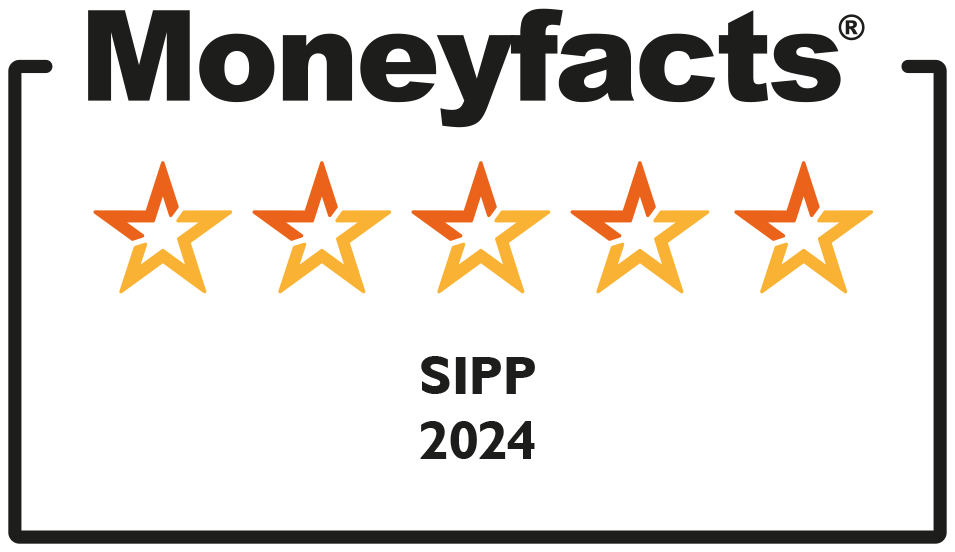SIPP property purchase: Six traps to avoid
Property remains one of the most popular investments held in IPM SIPPS. At the time of writing, we own 922 properties with 90 of those purchased in 2018 alone.
However, we know that many financial advisers only deal with one or two property purchases each year. So, we thought we’d list some of the common mistakes we see made by even the most experienced financial advisers when it comes to SIPP property purchase.
1. Delaying submitting the SIPP paperwork
As advisers who regularly recommend us will confirm, once we receive the paperwork SIPPs are established quickly. However, we can’t do anything without all our requirements being met. This includes the completed property purchase questionnaires with all information fully completed.
Without this paperwork, we can’t instruct solicitors to act on the SIPP’s behalf. That could create a problem; we’ve seen cases where delays in making the SIPP application have caused the seller to lose confidence and withdraw from the purchase agreement.
Incomplete or delayed paperwork is also an issue when the property being purchased is VAT registered. This means we must register the SIPP for VAT. At present, this can take over 50 working days, making completions against a tight deadline tricky.
The lesson? Get the completed paperwork to us as quickly as possible!
2. Errors in funding calculations
SIPP borrowing is commonplace, indeed around 30% of all property purchases require some form of finance. It does though add complexity and can cause delays.
The maximum a SIPP can borrow (50% of net scheme assets) is relatively well understood. However, we know some deals have seen a funding shortfall because fees, which can mount up, especially now that stamp duty is tiered, were excluded from the calculations. Shortfalls often only become apparent at the last moment, forcing the purchaser to make up the gap, often with additional contributions.
Far better to ensure the calculations are correct from the start of the project. Of course, our team is only too happy to double check your calculations to make sure there are no nasty surprises.
3. The VAT trap
VAT can be tricky and catch people out often at the last minute when it becomes apparent that a property is registered for VAT.
Where this is the case 20% must be added onto the purchase price when building your funding calculations. This can be reclaimed following the purchase by registering the SIPP for VAT.
However, provision must be made to pay the VAT at the time of purchase. Remember, that stamp duty is also payable on the VAT element too. While bridging loans to cover the VAT liability are allowed this must fit within the 50% of scheme assets rule alongside all other borrowings.
There are occasions where Transfer of Going Concern (TOGC) rules, where the same lease will be in place pre and post-purchase, means VAT is not payable on the purchase price. However, we recommend that you and your client speak to a VAT expert before making any concrete decisions.
4. Confusion over what the SIPP can pay for
Often clients want to make improvements to properties owned by the SIPP. Who pays for what can sometimes be tricky to answer, especially when a client’s business occupies the premises which the SIPP owns.
Usually, anything structural which is going to enhance the value of the asset, such as building a new structure on land the SIPP owns, installing a new roof, new windows or a mezzanine floor must all be paid for by the SIPP.
Anything cosmetic such as decoration, partitioned walls, enhancing services like broadband is usually the responsibility of the tenant and as such cannot be billed to the SIPP.
Regardless of the work being done, we suggest that advisers speak to us first, as we need to ensure any work that is carried out is done so within HMRC guidelines.
5. Assuming purchases with a residential element can’t proceed
As a rule, holding residential property within a SIPP leads to hefty tax charges. It’s, therefore, not something we would consider. However, just because your client may be considering a property with a residential element doesn’t necessarily mean that the SIPP cannot help.
A property with a residential element above the commercial usage, for example, a shop, is the most common scenario we are presented with. While the SIPP could not hold an interest in the residential element, it might be possible for the title to be split, so the SIPP purchases the long-term leasehold of the shop and a third party (the client personally or a third party) owns the freehold including the residential element.
While we are discussing the occasions we can help, it’s worth pointing out that we are unable to assist with properties such as student accommodation and bed and breakfasts which are clearly not commercial. Properties which may feature on property rental sites such as Airbnb are also a no-no too.
6. Assuming a deal can’t be done
As the saying goes: there are many ways to skin a cat.
Occasionally we’ll chat to an adviser who will tell us about a purchase they told their client wasn’t possible, but, with some creative thinking, we could have assisted with.
Of course, there are occasions when it just isn’t possible to pursue a purchase. However, a combination of additional contributions, tax-relief, borrowing and bringing other people into the purchase (spouse, business partners, children, siblings and so on) or arranging a connected loan, say from your client’s company, can often get a deal over the line which you and your client might not have thought possible.
Other techniques such as using the SIPP to purchase part of a property, using the transfer of going concern rules where the property is VAT elected or splitting the title so that the SIPP only takes on the commercial element of a building are also useful.
We are always happy to discuss any SIPP property purchase scenario so please feel free to give us a call and we would be happy to discuss this with you.



